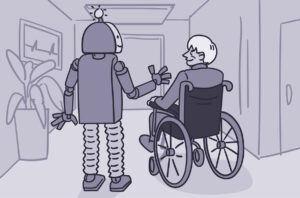Pediatric Variations of Nursing interventions
- General concept related to pediatric procedures
- Informed consent
- The person must be capable of giving consent: Age at majority (usually age 18)
- The person must receive the information needed to make an intelligent decision
- The person must act voluntarily when exercising freedom of choice
- Requirements for obtaining informed consent
- Separate informed permissions must be obtained for each surgical or diagnostic procedure, including
- Major surgery
- Minor surgery (e.g., cutdown, biopsy, dental extraction, suturing a laceration [especially one that may have a cosmetic effect], removal of a cyst, closed reduction of a fracture)
- Diagnostic tests with an element of risk (e.g., bronchoscopy, angiography, lumbar puncture, cardiac catheterization, bone marrow aspiration)
- Medical treatments with an element of risk (e.g., blood transfusion, thoracentesis or paracentesis, radiotherapy)
- Other situations that require patient or parental consent include the following:
- Photographs for medical, educational, or public use
- Removal of the child from the health care institution against medical advice
- Postmortem examination, except in unexplained deaths, such as sudden infant death, violent death, or suspected suicide
- Release of medical information
- Assent should include:
- Helping the patient achieve a developmentally appropriate awareness of the nature of his or her condition
- Telling the patient what he or she can expect
- Making a clinical assessment of the patient’s understanding
- Soliciting an expression of the patient’s willingness to accept the proposed procedure
- Parents have full responsibility for rearing of their minor children, including legal control over them.
- If children are minors, their parents or legal guardians are required to give informed consent before medical treatment is rendered or any procedure is pre-formed.
- If the parents are married to each other, consent from only one parent is require in nonurgent pediatric care.
- If parents are divorced, consent goes to who has legal custody.
- Separate informed permissions must be obtained for each surgical or diagnostic procedure, including
- Informed consent




